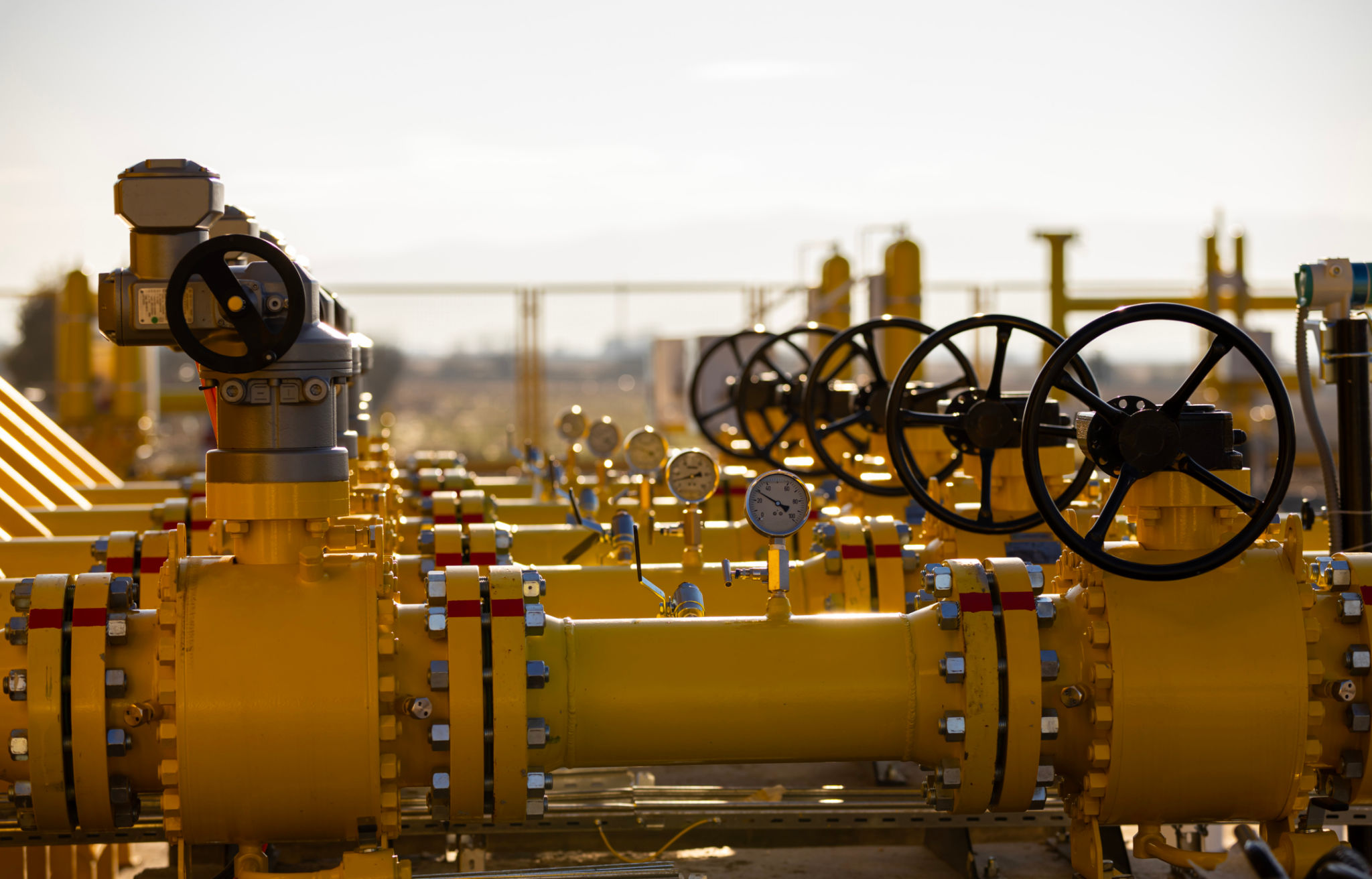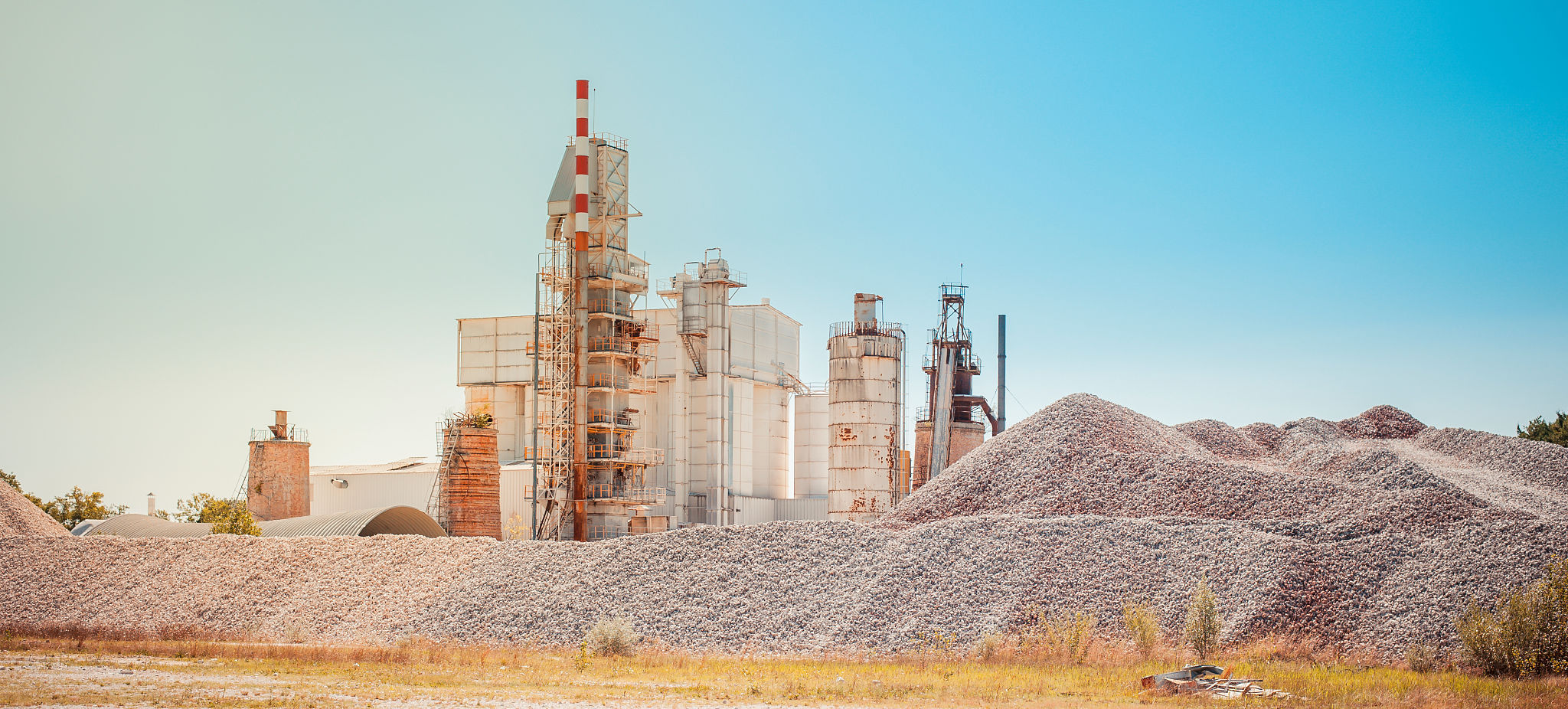Seasonal Considerations for Industrial Gas Supply
Understanding Seasonal Demand Fluctuations
Industries reliant on gas supply need to be acutely aware of how seasonal changes can impact demand. During colder months, there is often an increased need for heating, leading to a spike in natural gas consumption. Conversely, warmer months might see a dip in heating demand but a rise in other areas, such as energy-intensive cooling processes. Recognizing these patterns is essential for efficient gas supply management.

Challenges in Cold Weather
Cold weather poses unique challenges for industrial gas supply. Extreme temperatures can lead to logistical issues such as transportation delays and increased wear and tear on equipment. Additionally, the physical properties of gases can be affected by cold temperatures, potentially impacting their performance in industrial applications. Therefore, it's crucial to have contingency plans and robust infrastructure to mitigate these risks.
Supply Chain Disruptions
Winter months often bring logistical challenges that can disrupt the supply chain. Snowstorms, icy roads, and other weather-related issues can delay deliveries, impacting production schedules. Companies must develop solid relationships with suppliers and have backup plans to ensure a steady supply of essential gases.
Managing Increased Energy Costs
As temperatures drop, the demand for heating fuel increases, often leading to higher energy costs. Industries should consider strategies to manage these costs effectively. Implementing energy-efficient practices and investing in technology that reduces energy consumption can help mitigate the financial impact of seasonal price hikes.

Energy Efficiency Measures
To counteract rising energy costs during peak seasons, businesses can adopt several energy efficiency measures. These include:
- Conducting regular energy audits to identify areas of improvement.
- Upgrading equipment to more energy-efficient models.
- Implementing automated systems to optimize energy use.
Preparing for Peak Summer Demand
While winter demands are mostly about heating, summer brings its own set of challenges with increased demand for gas in cooling applications. Industries that rely heavily on air conditioning or refrigeration may experience spikes in gas usage during hot months. Planning ahead for these periods ensures smooth operations without unexpected supply shortages.

Inventory Management Strategies
Effective inventory management is crucial during peak demand seasons. Maintaining a buffer stock of essential gases can prevent disruptions in operations. Additionally, leveraging predictive analytics to forecast demand accurately allows businesses to adjust their inventory levels proactively.
Leveraging Technology for Better Forecasting
Advancements in technology have made it easier for industries to forecast demand more accurately. Utilizing data analytics and machine learning can provide insights into consumption patterns, enabling businesses to make informed decisions about their gas supply needs. This proactive approach helps in minimizing waste and ensuring that supply meets demand efficiently.
In conclusion, understanding and preparing for seasonal variations in gas supply is vital for maintaining efficient industrial operations. By addressing the unique challenges posed by different seasons and leveraging technology, industries can ensure a reliable gas supply all year round.
